There are more than 1.5 million nonprofit organizations in the U.S. and most of them, at some point, rely on individuals to share their personal stories in order to engage audiences and raise awareness, educate, motivate or “put a face” on an issue.
So, if you help nonprofits with their communications, chances are someone has asked you: “Can you help me tell my story?”
Where do you begin to provide support? Perhaps your first impulse is to coach the speaker to use effective presentation skills or to structure their story in a particular way for maximum impact. Those are good impulses, but you’ll likely find that there is much more involved in this type of support than simply helping someone “speak well” or “tell a good story.”
CROSSING THE THRESHOLD
Here’s why. Whenever someone makes the choice to share a personal experience—regardless of the nature of that experience—they are stepping across the threshold from the private to the public.
And while some individuals step across that threshold easily, most find the space between private and public an unsettling one, where they encounter feelings about what is and is not appropriate to share. Or they may wonder what makes a “good” story or fret about what they risk by stepping forward and speaking out. There’s a lot going on in the space between private and public, and individuals in that space often require (and deserve) a sensitive coaching approach.
THE THREE QUESTIONS TO ASK FIRST
At Living Proof Advocacy, where we work exclusively with people who share their personal stories to advocate for causes and organizations they care about, we always start by asking the individual the following three questions:
Have you shared your story publicly before? Any kind of public speaking places a person in a vulnerable space; add onto that the fact that they are sharing a personal experience, and both the emotional and psychological stakes increase. First-time sharers want and need to know that a coach understands this. They may need help navigating issues of personal disclosure, managing their emotions or editing their lived experience down to a focused, intentional, engaging story.
How comfortable are you speaking in front of others? Take the personal story out of the equation and find out the speaker’s overall comfort level with public speaking. Why? Because their public speaking comfort level—low or high—will impact the telling of their personal story. If public speaking anxiety is present (and there is always some!) it will compound any apprehension about sharing a personal story. And even the most seasoned speakers can be blindsided by the experience of speaking publicly from the heart.
Why are you sharing your story and for whom? This is perhaps the most important question to ask. The most successful speakers are crystal clear in their intent and the messages they want to convey by telling their story. They are also laser-focused on those they hope to help by sharing their story. Plus, clearly defining the personal “why” increases a speaker’s confidence and agency as an empowered advocate—not someone merely presenting as “the story moment.” Helping speakers articulate their “why” is an extremely valuable starting place for coaching.
Sharing a personal story publicly is a significant act, one that requires special care and attention from a coach. These three simple questions can go a long way in defining your coaching stance and knowing how best to support speakers.
Communication colleagues: what advice can you share about coaching someone’s personal story?
About Living Proof Advocacy Coaching Certification. Help others tap the persuasive power of personal storytelling by becoming certified in Living Proof Advocacy™ methods, principles and tools. Ideal for independent coaches and staff of organizations. Learn more.

















